Why Dont Fire Emblem Games Have a Continuous Story
The Fire Emblem franchise is a series of strategic video games that have players fight in turn-based combat on a grid. The series as a whole is known for its great gameplay, in-depth stories, permanent character death, and challenging difficulty.
The series has had its ups and downs, as the developers tried new things, struggled with the early limitations of technology, or just plain made mistakes. Many of the games on this list are great games, but there are some that are definitely better than others in this great franchise.
Updated on April 26, 2022 by Nickolas "Saz" Davis: Fire Emblem remains active and thriving in the west. Since this article was posted, they've launched a port of Shadow Dragon & The Blade Of Light, a remake of Fire Emblem: Gaiden, and, of course, the smash Nintendo Switch hit Fire Emblem: Three Houses. Each of these games is vastly different, but still maintains those core Fire Emblem mechanics—from permadeath to the emotional war-fueled storylines that make the franchise one of the greatest.
14/14 Shadow Dragon & The Blade Of Light
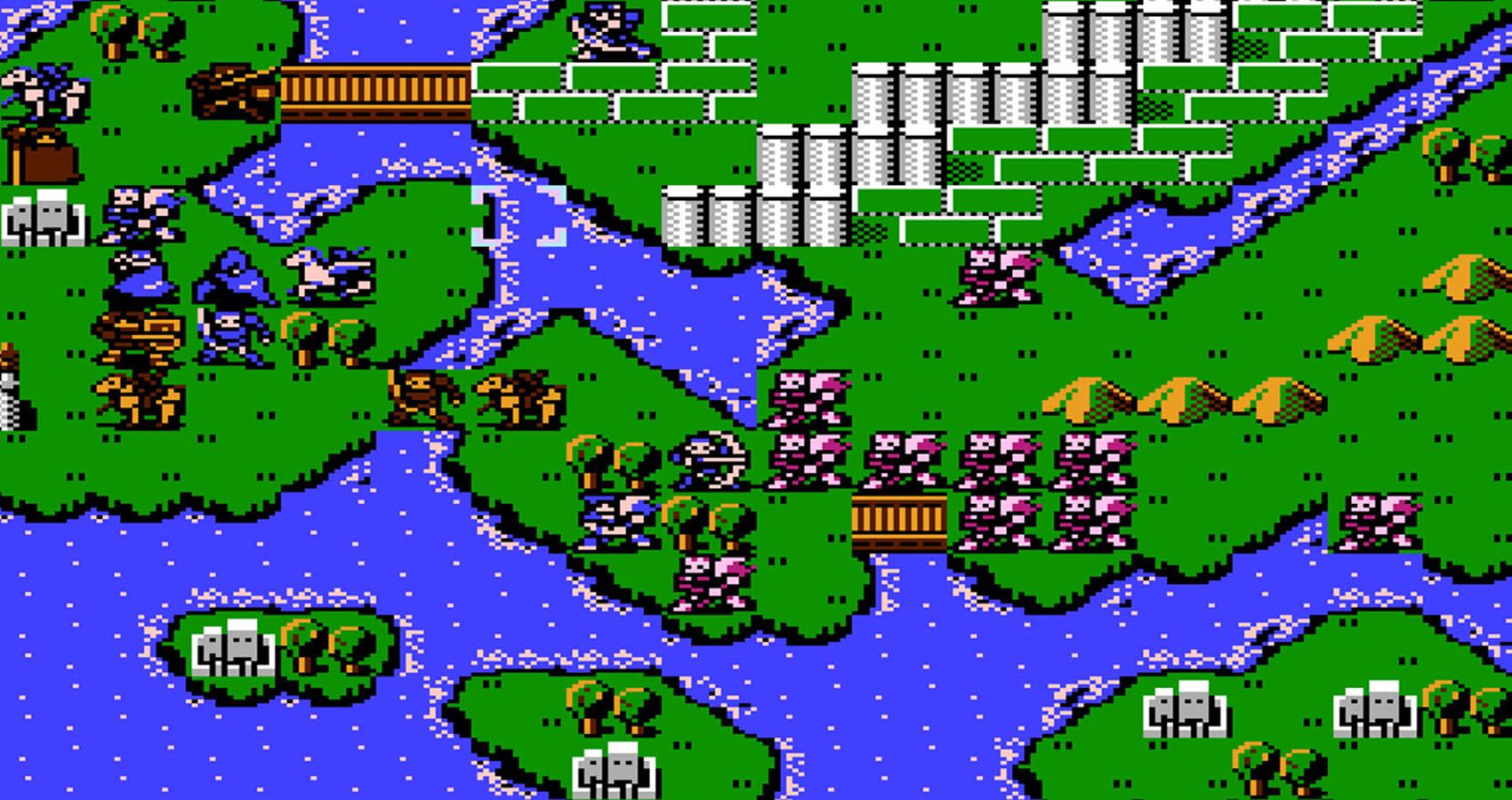
The very first game of the series came out in 1990, after three years of development for the Famicom console in Japan. This game just recently became available in the west for the first time as a port on Nintendo Switch. The main problem facing this game was an ambitious development team limited by the technology of the time.
To deliver the great and oftentimes excruciatingly difficult gameplay, they had to dial back the graphics, and even the story, to pull it off. This left a game that was ugly and incoherent at times, but had lots of potential. Even for its flaws, this was a great proof of concept that kicked off the fantastic series.
13/14 Mystery Of The Emblem
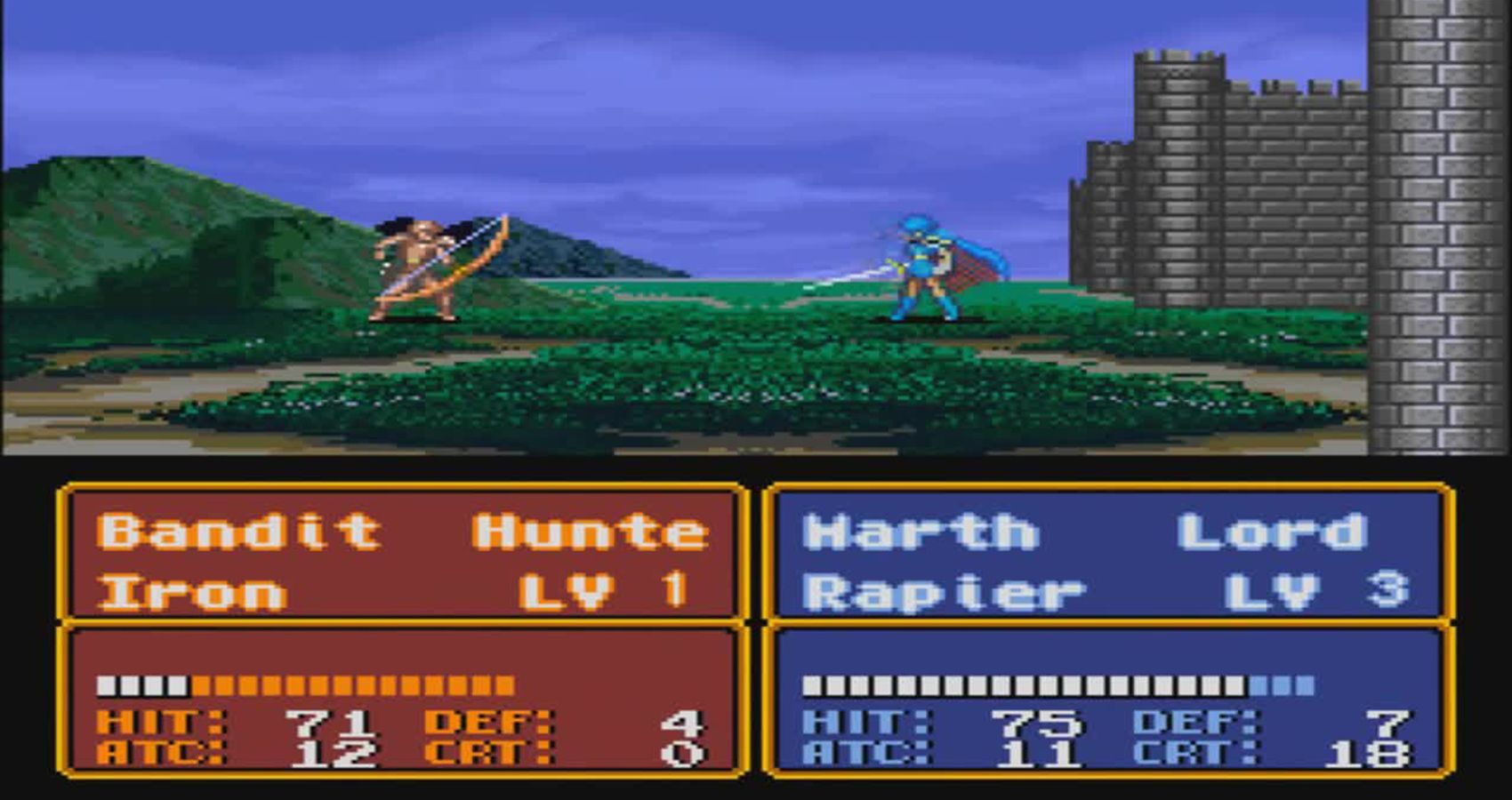
The follow-up to the first game, Mystery Of The Emblem sought to update the original via an expanded remake, with the original story being told and a continuation of that story following suit. Unfortunately, the developers seemed more intent on delivering the sequel section of the game, and the end result was that everything was somewhat botched.
It's understandable they'd want to do the first game justice with better technology, but it was jarring for players to have no music in the first half only to have music suddenly appear in the second half. They should have taken the time to make it a complete product.
12/14 Thracia 776
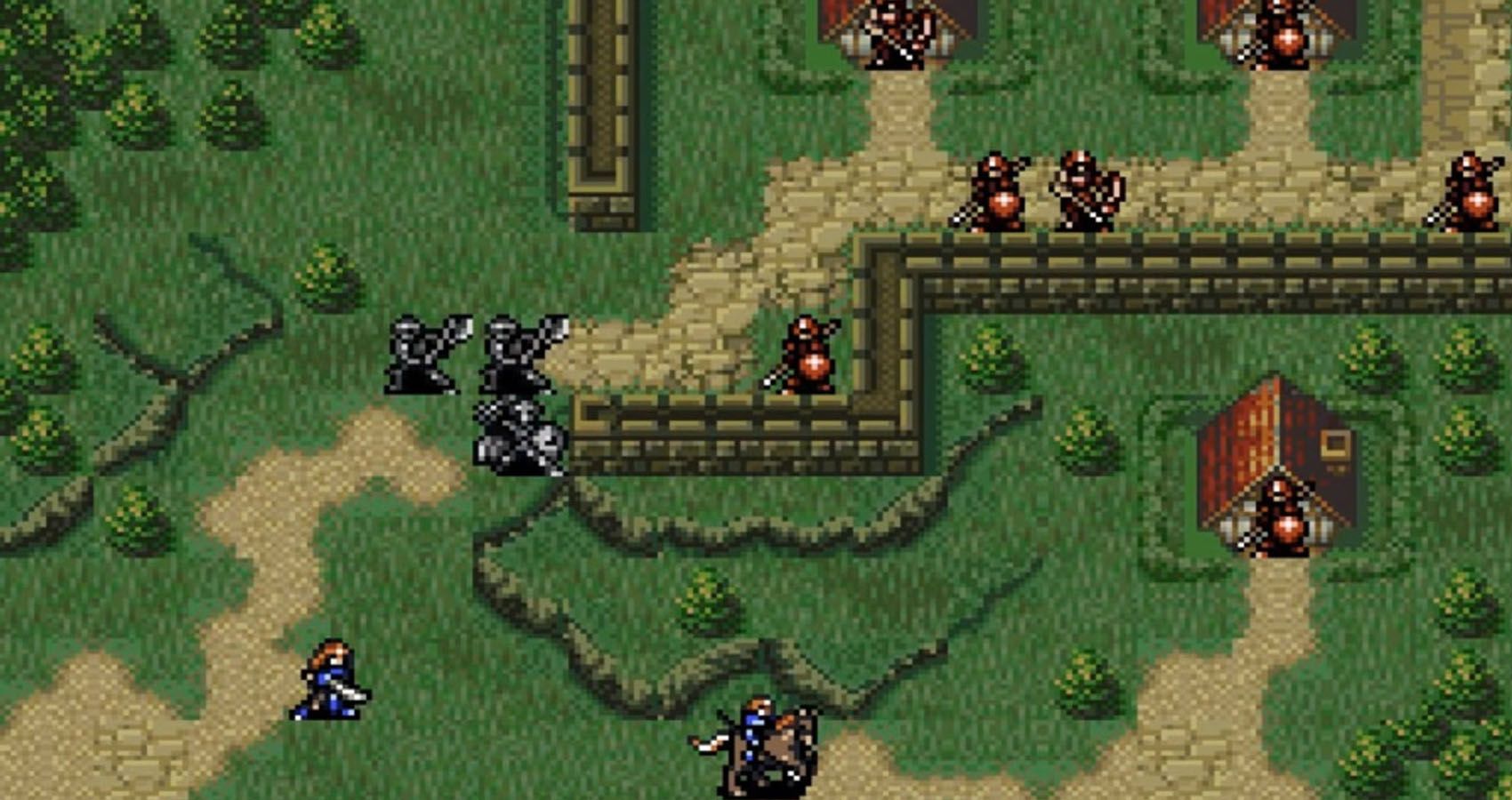
This entry into the series is notorious for being one of the hardest, if not the hardest, games in the franchise. Even some long-time veterans felt the difficulty had been ramped up to such a degree that it was unnecessary at times.
Many players lament the creation of this game, for the fact that it spawned a wave of casual-friendly inclusions to make the series more newcomer-friendly. It's a decent enough game if you had the skills—it just did a great disservice to the franchise, and was a little too unfairly challenging to fully enjoy.
11/14 Gaiden
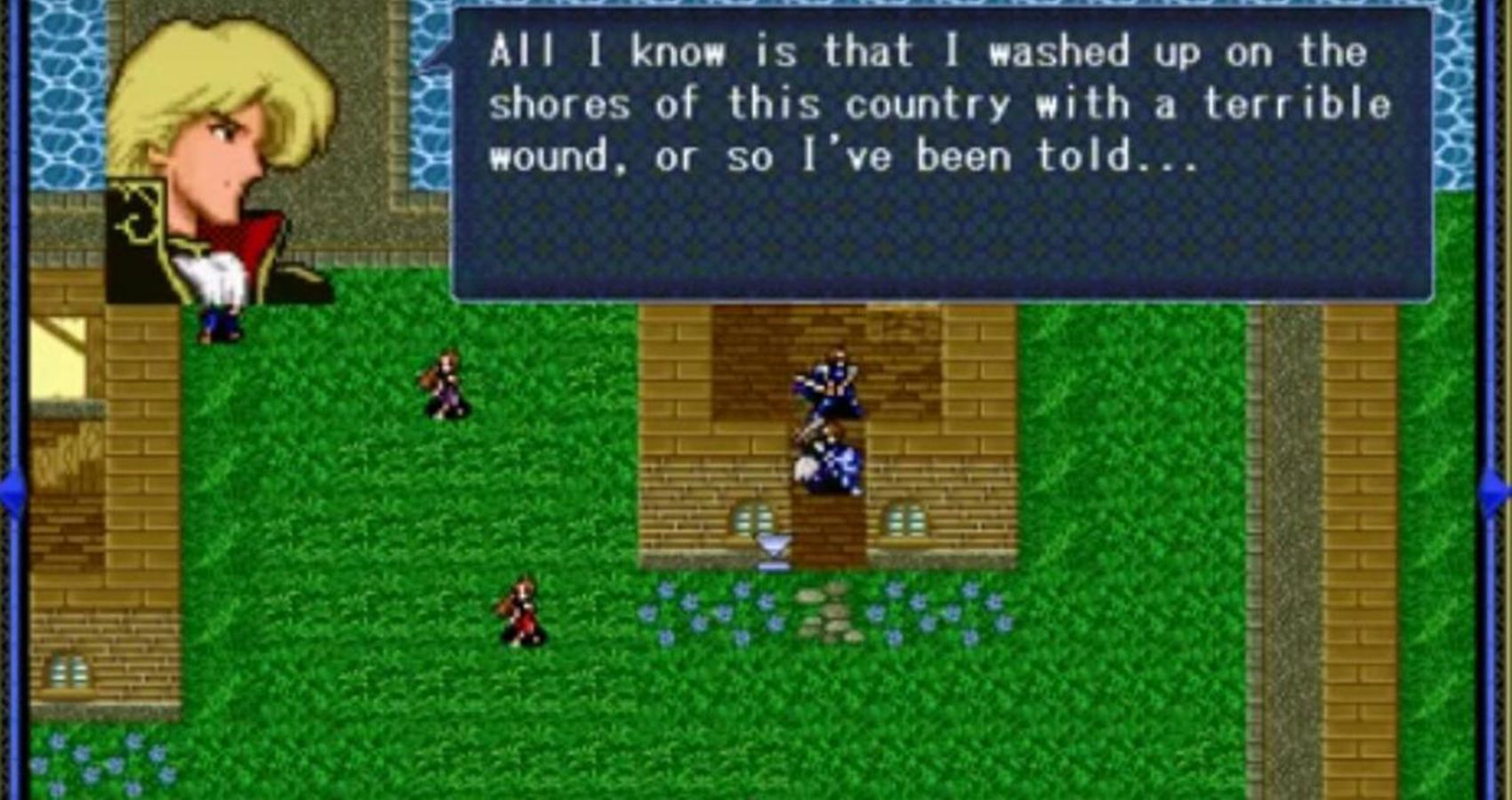
Gaiden is the second entry to the series, a fun one that delivered the class evolution mechanic that would become a staple in later games. Unfortunately, this was the only innovative decision that paid off, as many of the other gameplay mechanics were abandoned in later titles.
It also had some trouble with difficulty scaling, as the game started out very easy and then suddenly dropped grueling challenges in the players' laps. It's obvious they were experimenting with the concept to see what worked, and it much of it does, just not quite enough to warrant a higher ranking on this list.
10/14 Echoes: Shadows Of Valentia
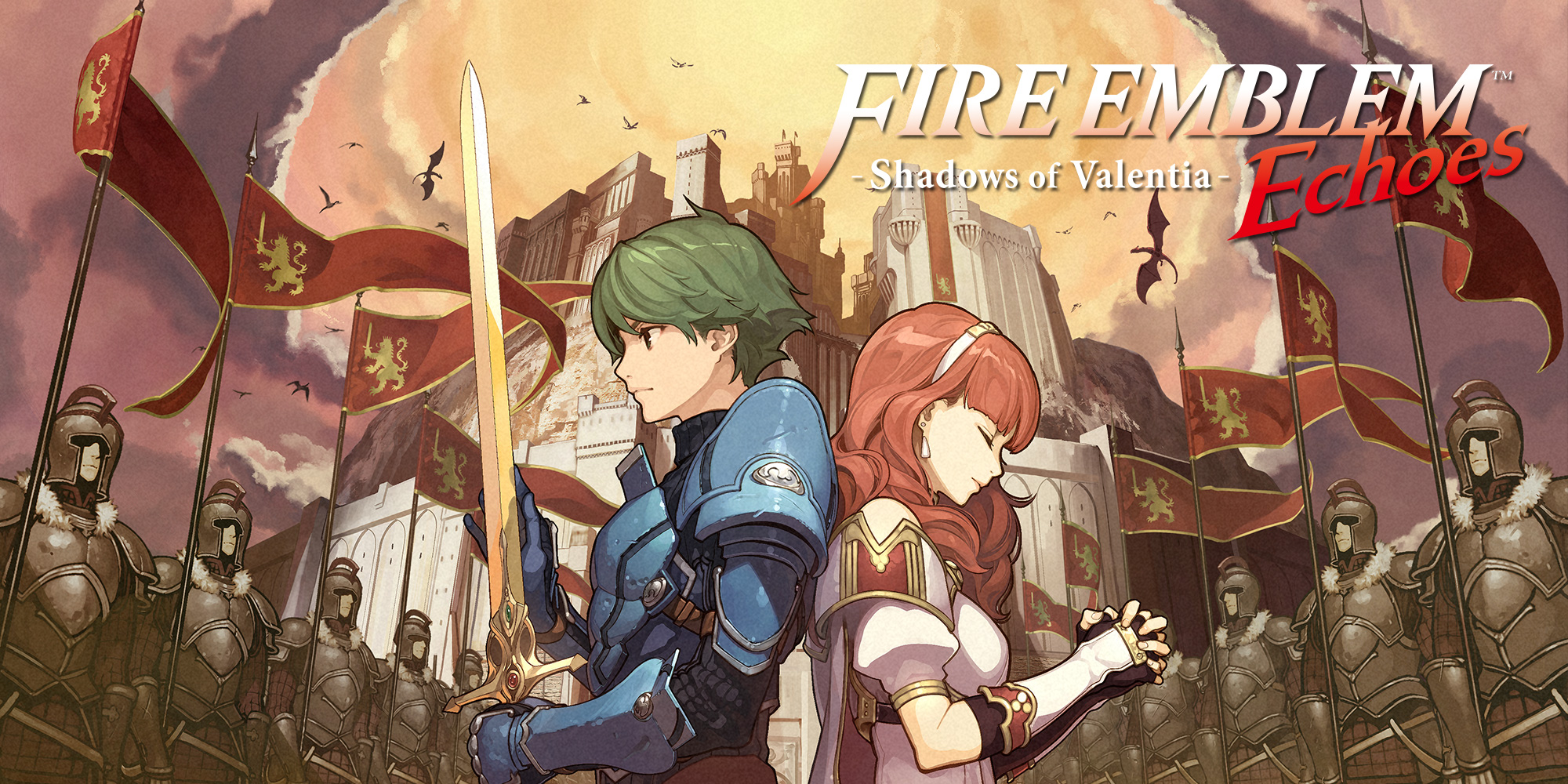
Shadows Of Valentia is a remake of Gaiden, and is currently the only way for the English-speaking world to experience the story of Gaiden outside of fan translations. In many ways, Shadows Of Valentia takes Gaiden and fleshes things out, expanding on things like the story—with a new act and character support conversations—and updating mechanics to more closely match the way Fire Emblem works in the present day.
It's still held back by some of Gaiden's less-appealing qualities, and the main complaint most fans have is that the later acts tend to be a bit tedious. However, Shadows Of Valentia is definitely the optimal way to experience this FE story.
9/14 Fates
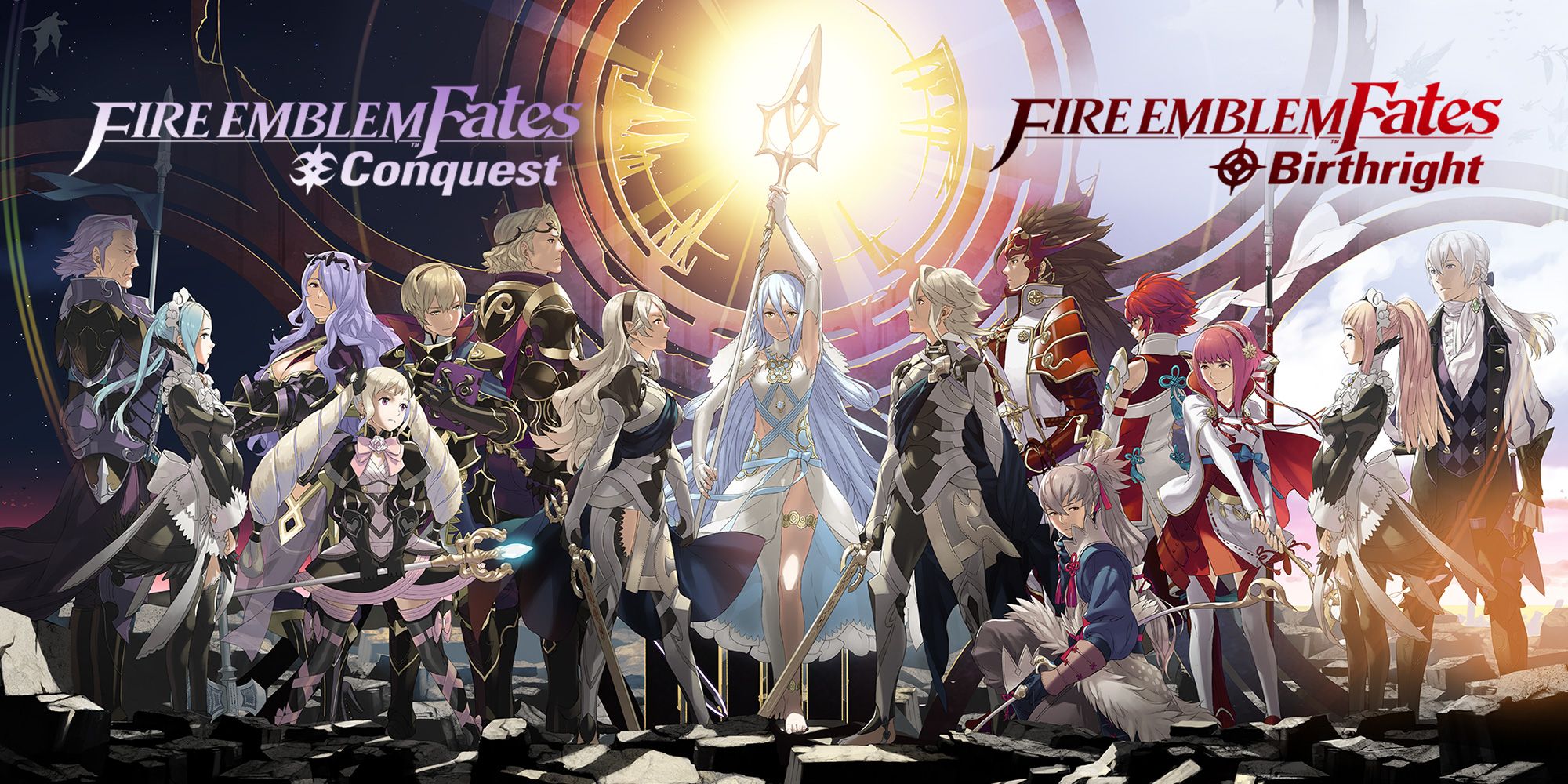
Fates tried something a little different with multiple versions of the same game based on varying story paths. The Birthright version was made casual player-friendly, and Conquest was grittier and a bit more difficult. Each version had the main hero allying with different factions in the game.
Fates has enough of what makes Fire Emblem work to still be a good game, but it's certainly one of the weaker stories in the series, especially since the major decision really isn't a tough one at all from a moral perspective. It fails to blur the lines of morality, as FE often has in the past, to showcase the realities of war.
8/14 The Binding Blade
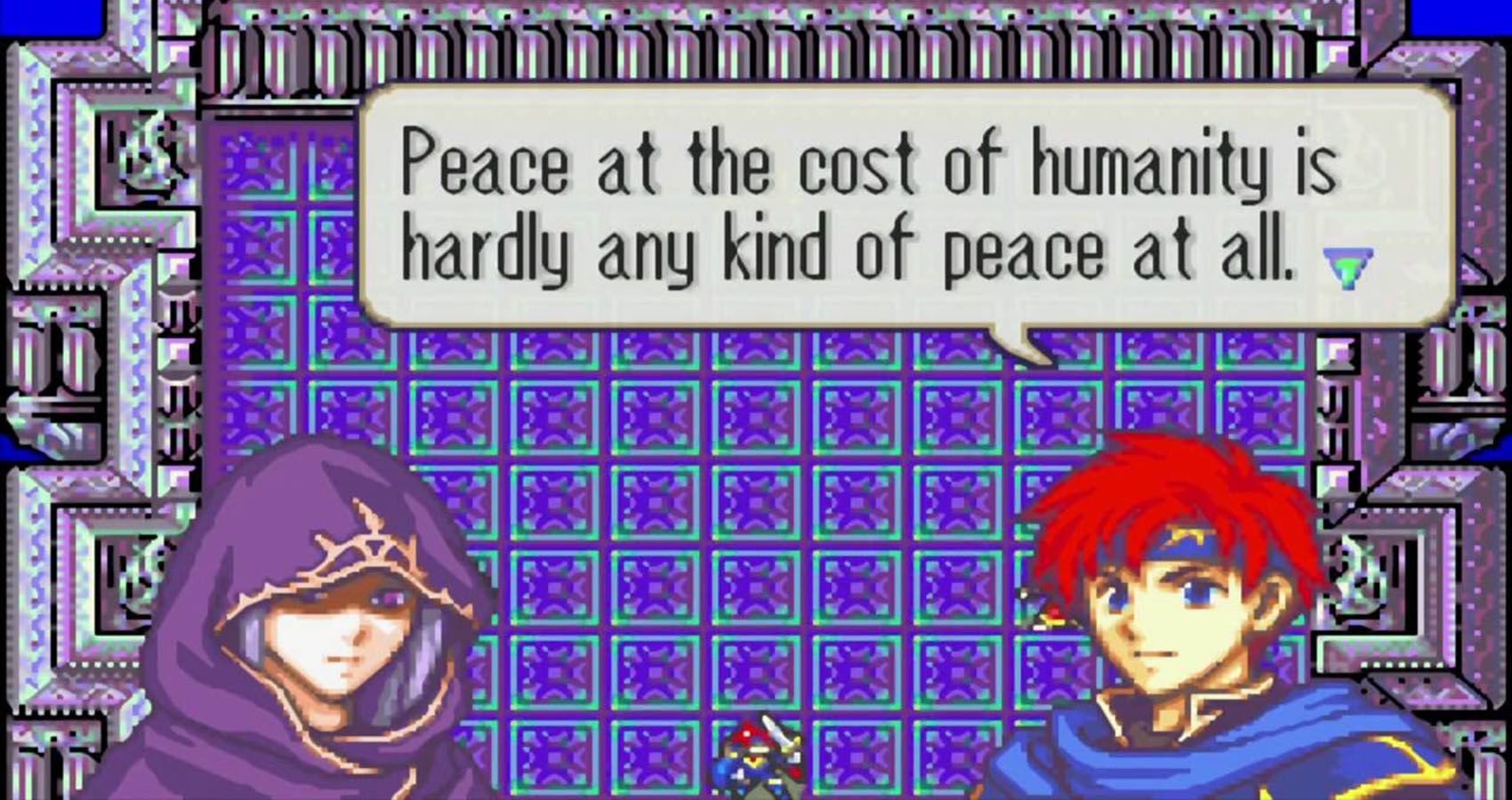
Following the outcry from Thracia 776's difficulty, The Binding Blade lowered the challenge a bit without delivering a game that was too easy. In fact, the overall pacing was well done and the story had a better flow. The only downside was that the main hero Roy, who's since become one of the faces of Fire Emblem alongside Marth thanks to Super Smash Bros, was a rather weak character throughout the game.
Perhaps the developers were trying to make the point that a hero isn't always going to be a god on the battlefield, but just an ordinary man trying to make a difference. Nevertheless, he's maybe a bit too ordinary—to the point where it comes off as bland.
7/14 Genealogy Of The Holy War
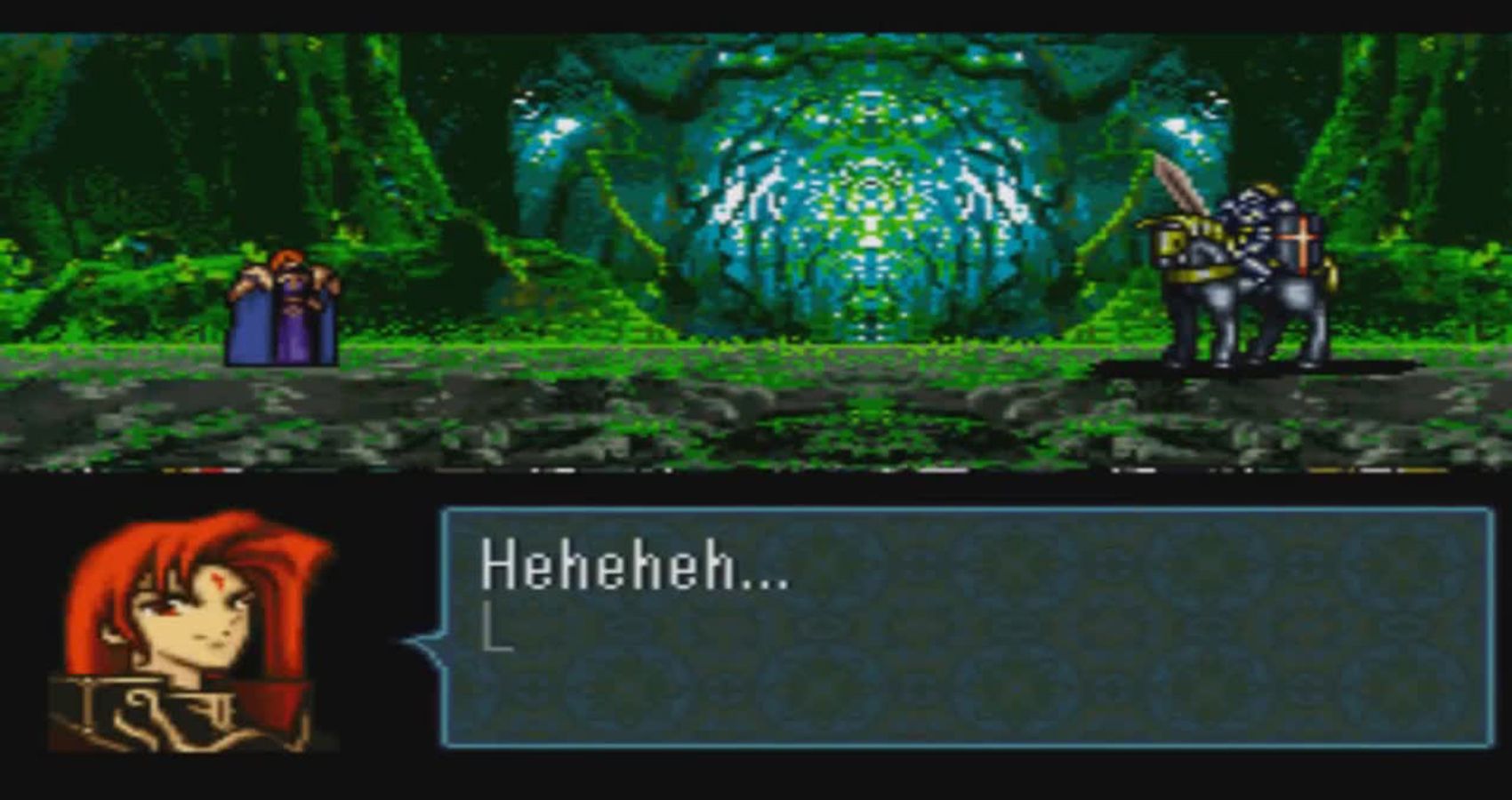
Entering the top half of the list is Genealogy Of The Holy War, a great game with a unique story compared to the others in the series. Here, the heroes find themselves facing a cult trying to resurrect an evil dragon. It was much darker in tone than other games, and had some of the most interesting villains in the series.
It also had a huge map with lots of objectives to complete, and the changes made to trading were a vast improvement. The fact that this great game doesn't rank higher on the list says a lot about the games that did.
6/14 The Sacred Stones
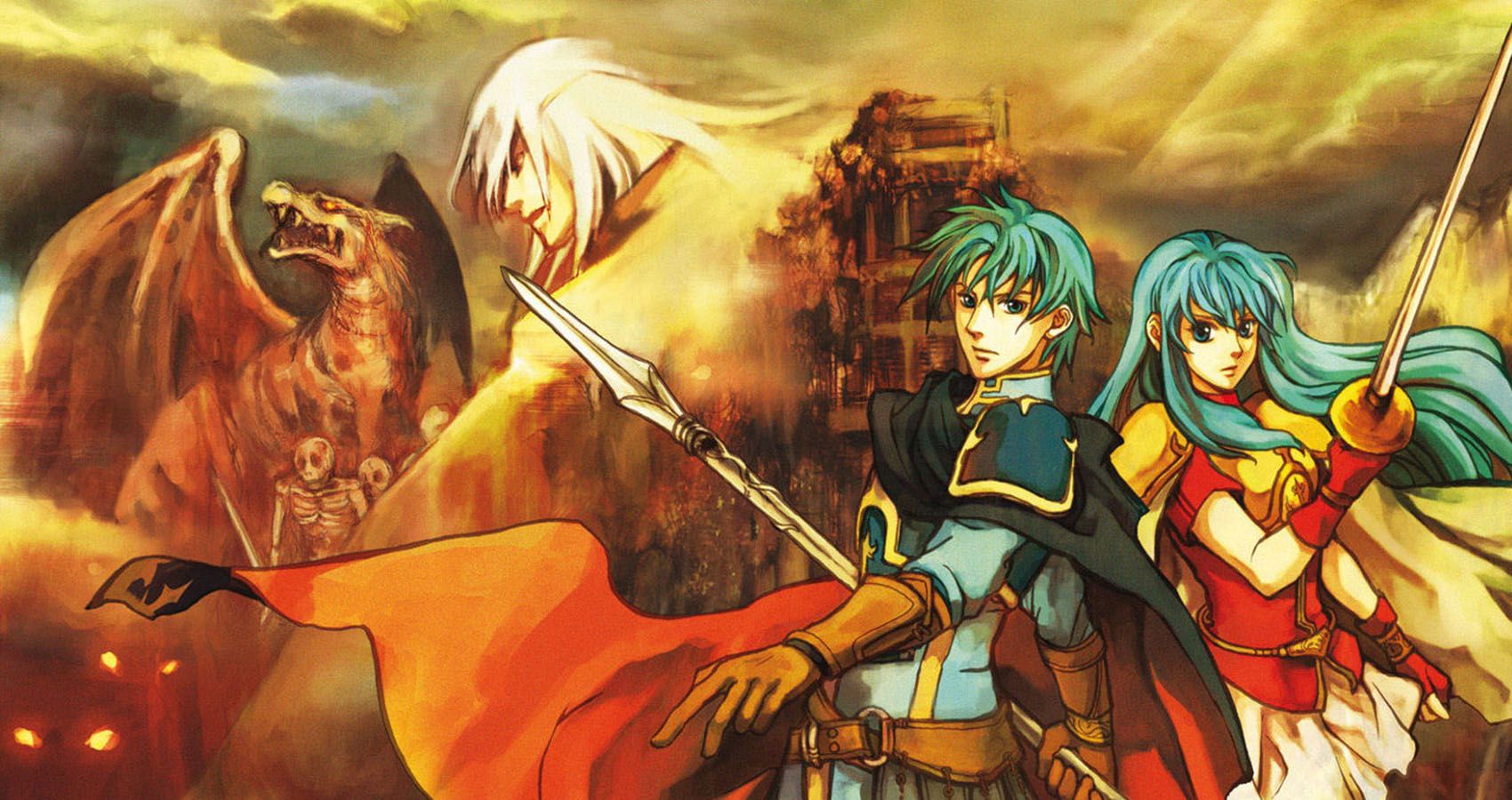
The Sacred Stones took a considerable risk by stepping away from the familiar settings and characters, to tell a story set on the entirely new continent of Magvel. The gamble paid off, and The Sacred Stones had an incredible story with great new characters.
It didn't branch out with the gameplay or step away from tropes that much, no doubt to placate any fans that would be upset about the change in setting. It was nevertheless a wonderful breath of fresh air to the franchise that many fans weren't aware they needed.
5/14 Awakening
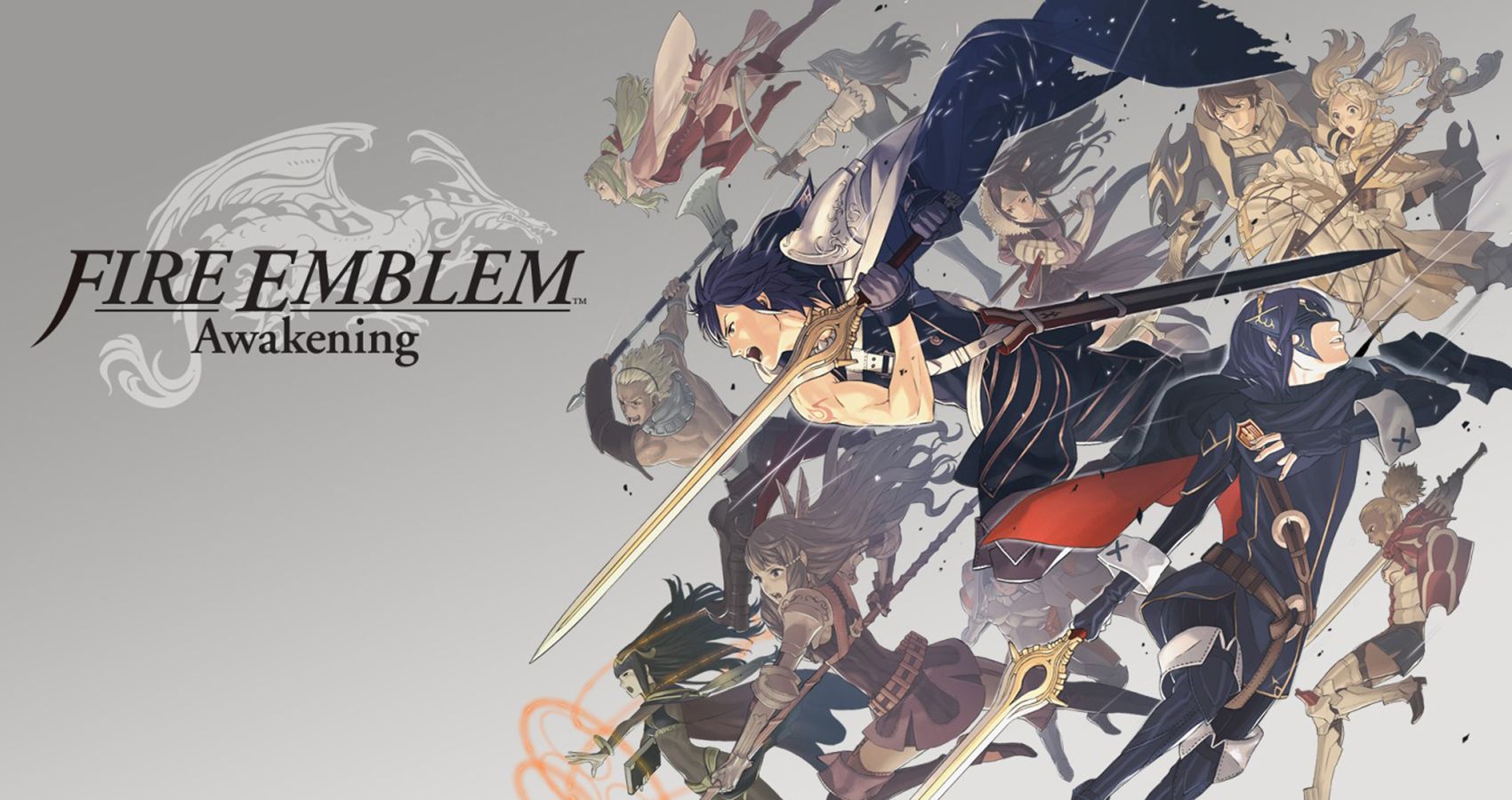
Awakening is the Fire Emblem game that finally made the franchise more than just a small, cult series in the west. Awakening established Fire Emblem as what die-hard fans already knew it was—one of the greatest tactical RPG franchises in gaming history. This is a bit ironic, because certain die-hard fans were a bit peeved with the choice to include a casual mode with no permadeath in Awakening.
At the end of the day, though, that accessibility is part of what made Awakening so successful. Plus, classic mode still exists for any and all who want the challenge that Awakening can certainly dish out.
4/14 The Blazing Blade
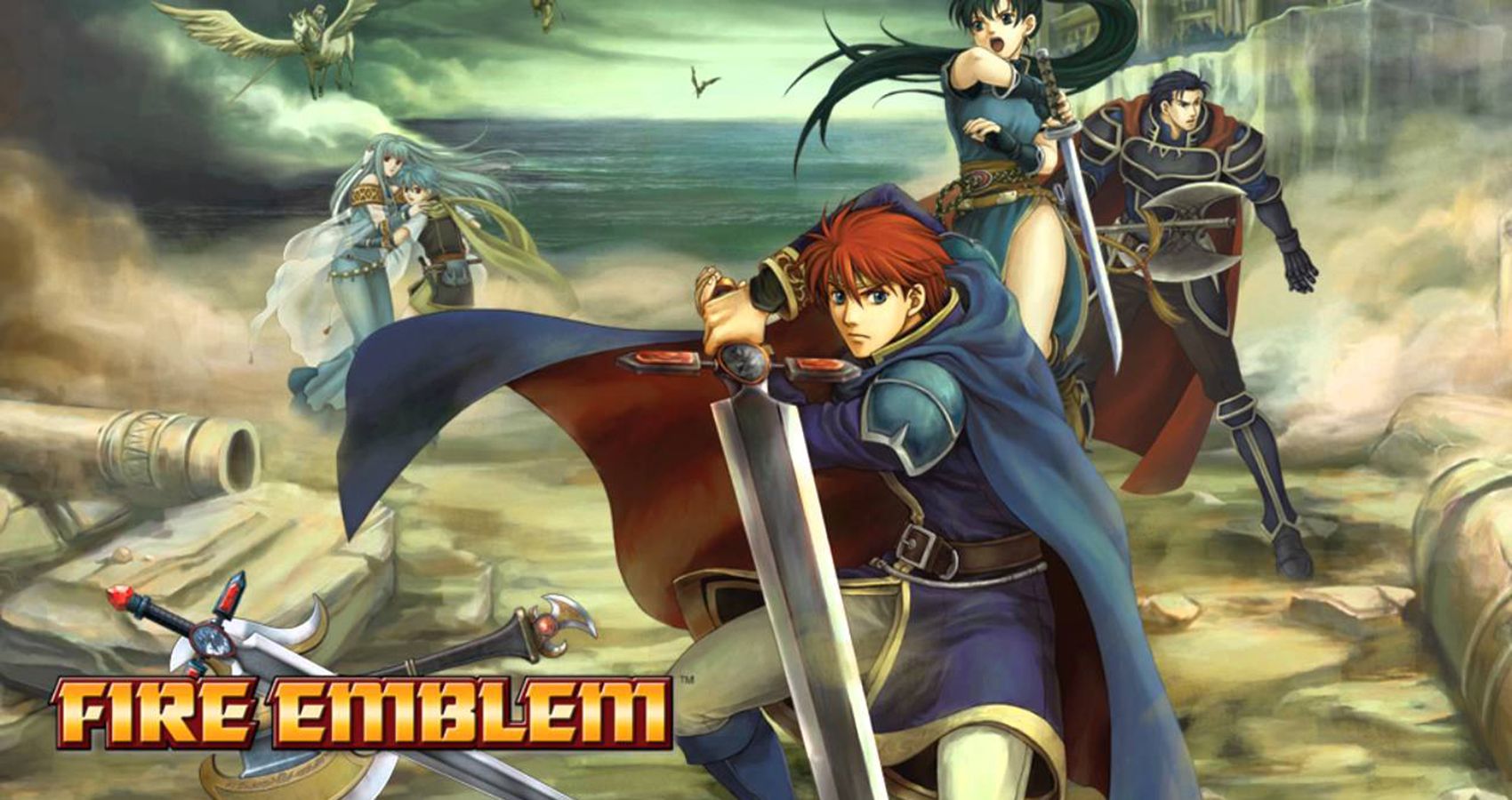
This game was Fire Emblem's debut in the west, back in 2003 for Game Boy Advance. This is a prequel to The Binding Blade, and one of the only Fire Emblem games to feature a returning cast. There's a bit of nostalgia bias that goes into views on this game, but it truly is a fantastic entry, though. It improves on The Binding Blade in many ways, both in terms of story and mechanics.
The first part of the story was more of an adventure tale that descended into a gritty tale of war and conspiracy, and made for a great story.
3/14 Three Houses
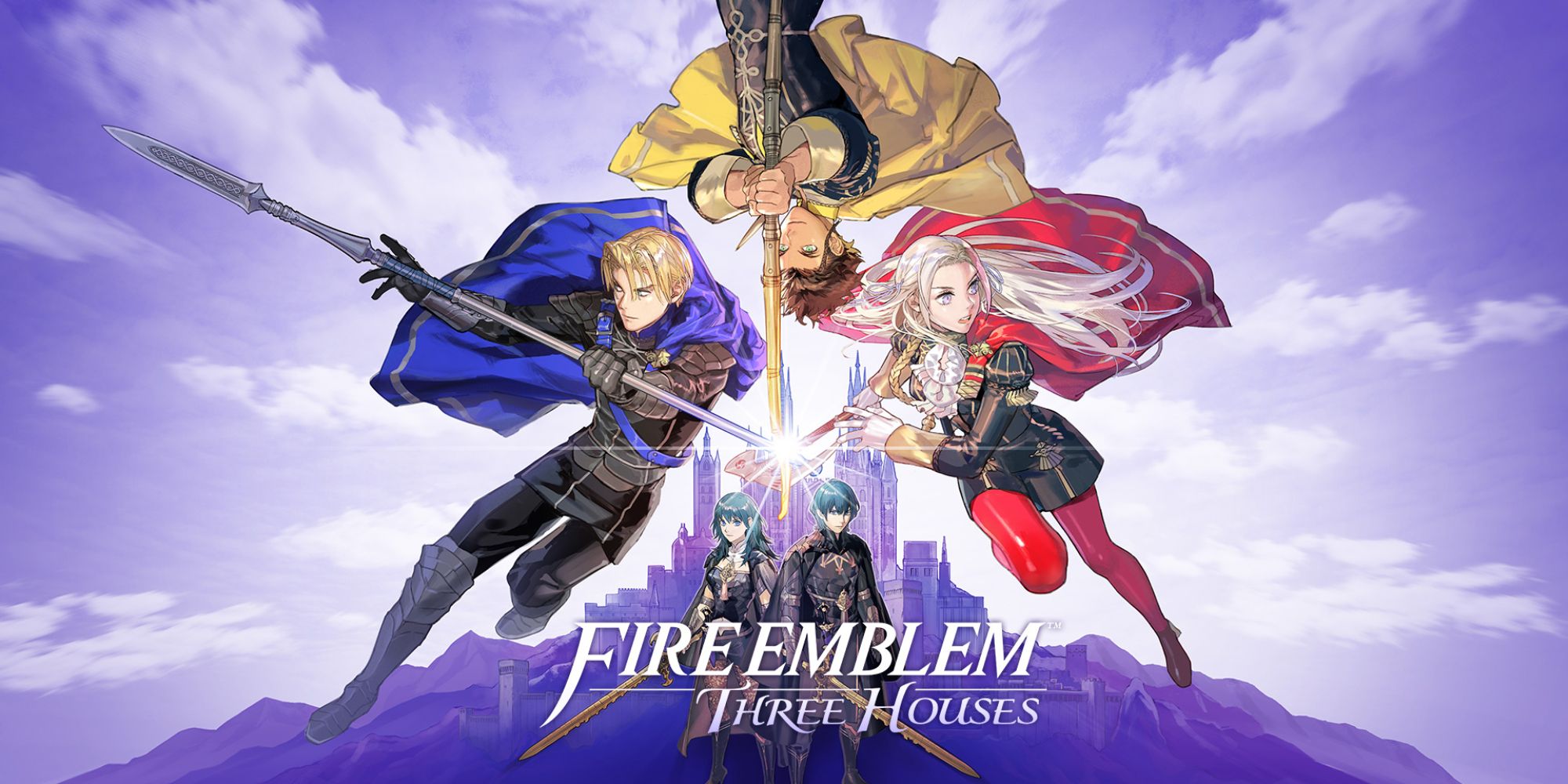
It's safe to say that Three Houses has cemented its place as a Fire Emblem classic, and has something for every type of fan. If you want a casual experience to observe all of the story paths, that's possible. If you want high difficulty that will require you to heavily strategize and recruit the right team, that's possible as well. And, if you're the type that likes to lean into the dating sim aspect of Fire Emblem, then Three Houses has more than enough of that for you too.
If you own a Switch and you haven't played Three Houses yet, then what are you waiting for?
2/14 Path Of Radiance
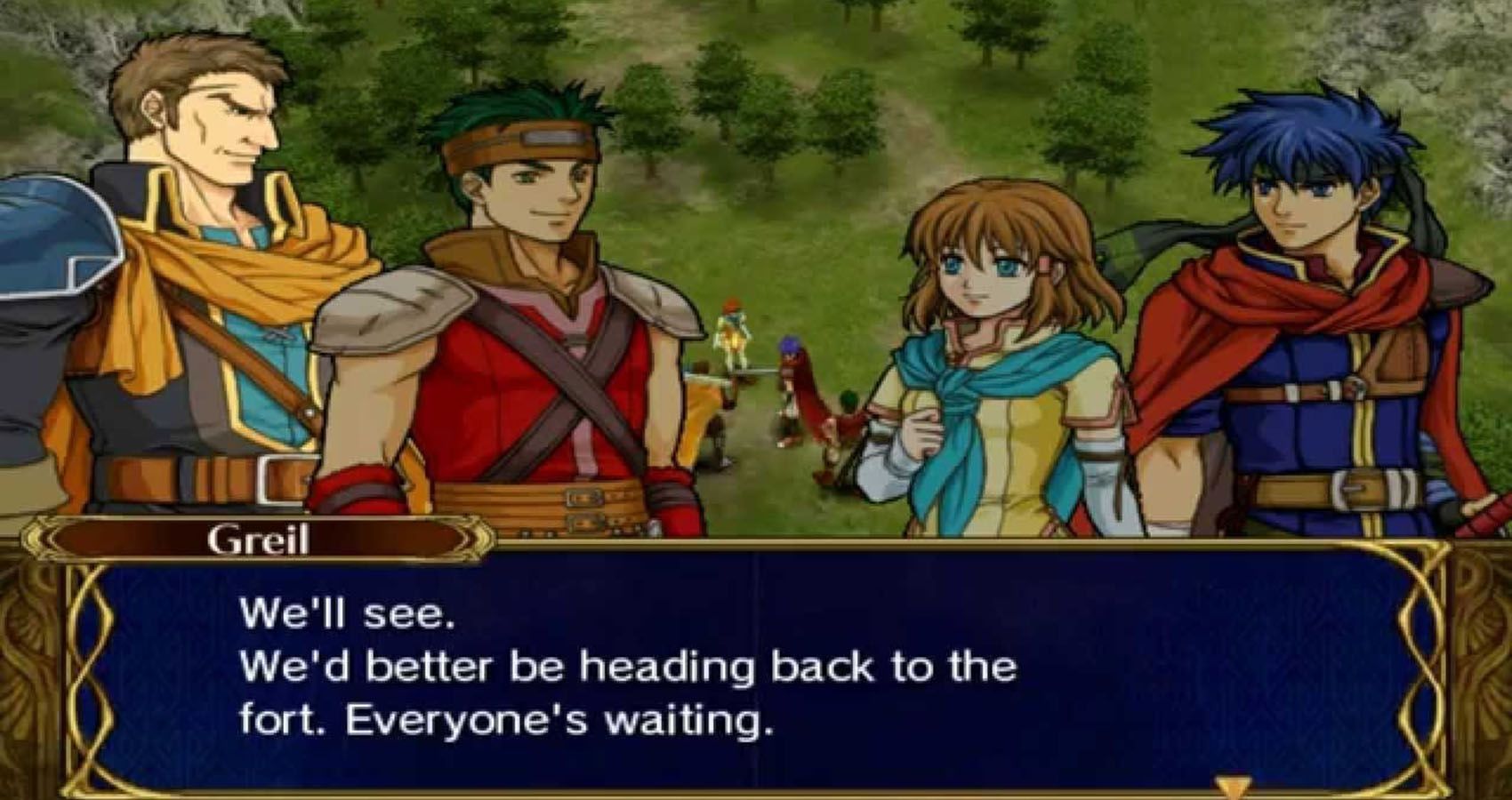
This game is unique from the others in that you start the game as a mercenary, rather than a member of royalty. This unique perspective makes for a much darker story than many of the other games, and as a result was a standalone title rather than a continuation of the series.
This is the first 3D entry in the series, and is an all-time GameCube classic. Sadly, it's prohibitively expensive if you're a collector, even by Nintendo standards. Hopefully, a port or remake of this game comes sometime in the future.
1/14 Radiant Dawn
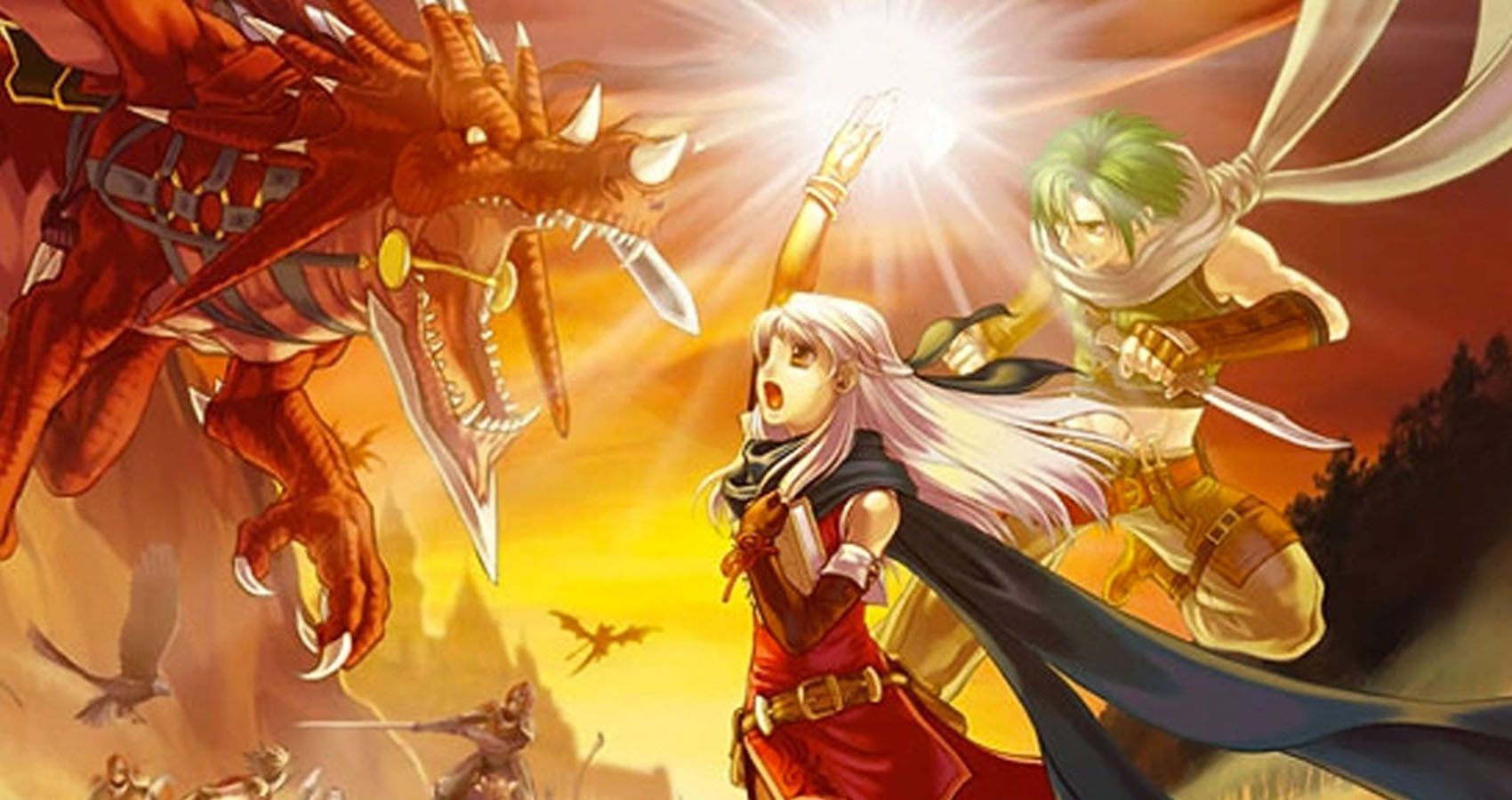
This game tops the list for having some of the best gameplay, and was challenging but fair, and rewarding in the end. It also contains one of the longest stories in the series, a whopping four-part tale showing different sides of an epic and tragic conflict.
There were 72 characters to use in battle, which enabled a staggering number of strategies and tactics to be employed by the player. Perhaps the only downside to this game is that you needed to be a well-skilled veteran of the Fire Emblem series to enjoy this game, but if you're ready for the challenge, Radiant Dawn is easily the best this franchise has to offer.
hannafordtiolsell.blogspot.com
Source: https://www.thegamer.com/fire-emblem-video-game-ranked-worst-best/
0 Response to "Why Dont Fire Emblem Games Have a Continuous Story"
Post a Comment